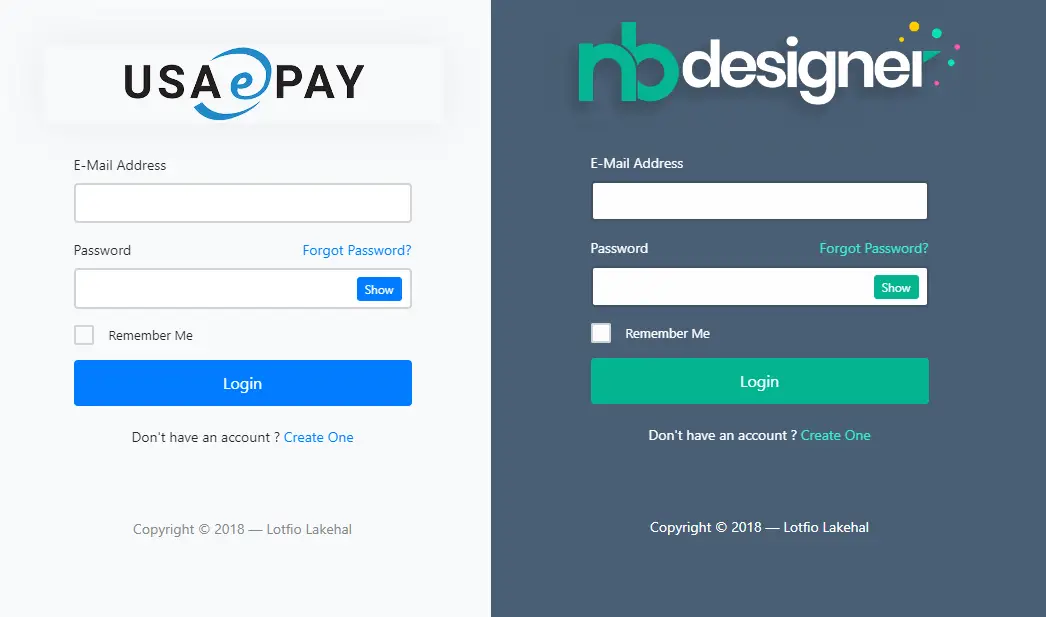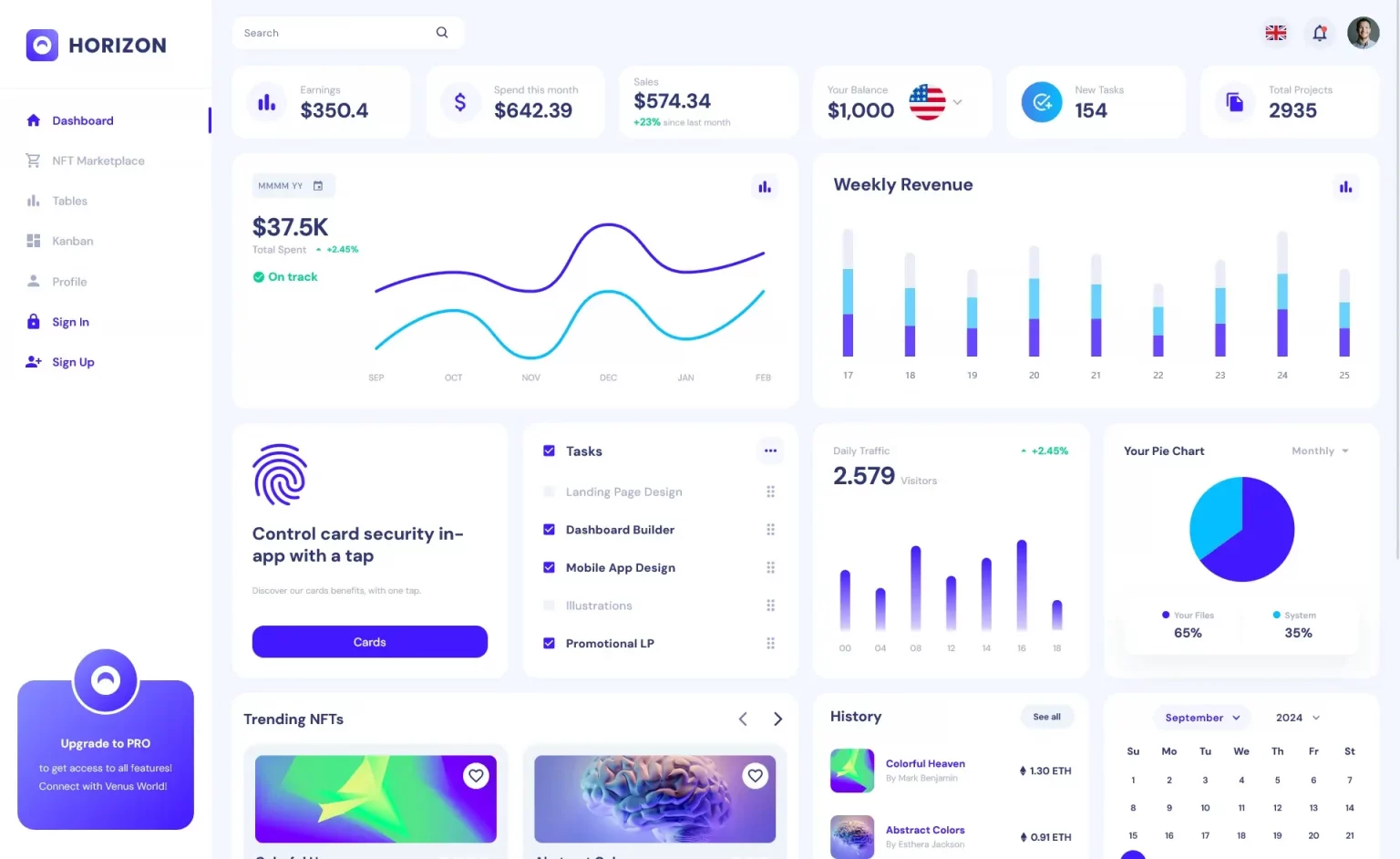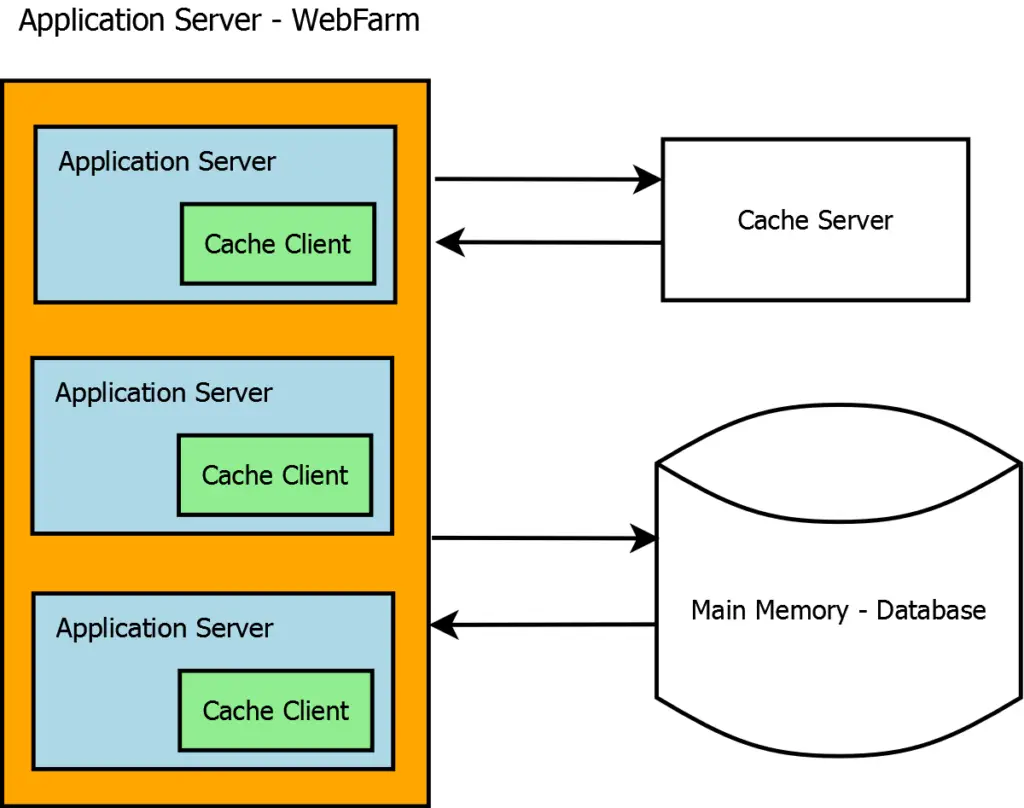How to fix Can't find Request.GetOwinContext in Web API
By Tan Lee Published on Feb 18, 2024 1.54K
You need to ensure that you're using the right namespaces to access GetOwinContext(). Make sure you have the following namespaces included in your code file:
using Microsoft.AspNet.Identity.Owin; using Microsoft.AspNet.Identity;
You should install Microsoft.AspNet.Identity.Owin from the Nuget Package Manager into your project.
If you're getting an error when trying to retrieve the UserManager from the OwinContext in an ApiController in ASP.NET MVC, there are several potential causes and solutions. The issue usually arises because the OWIN context might not be correctly configured, or you're trying to access UserManager incorrectly.
If you're using dependency injection properly, you should get ApplicationUserManager and ApplicationSignInManager via constructor injection.
using System.Web;
using System.Web.Http;
using Microsoft.AspNet.Identity.Owin;
using System.Linq;
using System;
using System.Threading.Tasks;
using Microsoft.AspNet.Identity;
namespace Invoice.Controllers
{
public class AccountController : ApiController
{
private ApplicationSignInManager _signInManager;
private ApplicationUserManager _userManager;
// Constructor injection for UserManager and SignInManager
public AccountController(ApplicationUserManager userManager, ApplicationSignInManager signInManager)
{
UserManager = userManager;
SignInManager = signInManager;
}
public ApplicationSignInManager SignInManager
{
get
{
// If _signInManager is not set, get it from OwinContext
return _signInManager ?? HttpContext.Current.GetOwinContext().Get<ApplicationSignInManager>();
}
private set
{
_signInManager = value;
}
}
public ApplicationUserManager UserManager
{
get
{
// getowincontext httpcontext.current.getowincontext()
return _userManager ?? HttpContext.Current.GetOwinContext().GetUserManager<ApplicationUserManager>();
}
private set
{
_userManager = value;
}
}
}
}Remember replace HttpContext.GetOwinContext().Get<ApplicationSignInManager>() to HttpContext.Current.GetOwinContext().Get<ApplicationSignInManager>()
- How to Initialize TagHelpers in ASP.NET Core with Shared Data
- Essential Tips for Securing Your ASP.NET Website
- Top Security Best Practices for ASP.NET
- Boost Your ASP.NET Core Website Performance with .NET Profiler
- The name 'Session' does not exist in the current context
- Implementing Two-Factor Authentication with Google Authenticator in ASP.NET Core
- How to securely reverse-proxy ASP.NET Core
- How to Retrieve Client IP in ASP.NET Core Behind a Reverse Proxy





